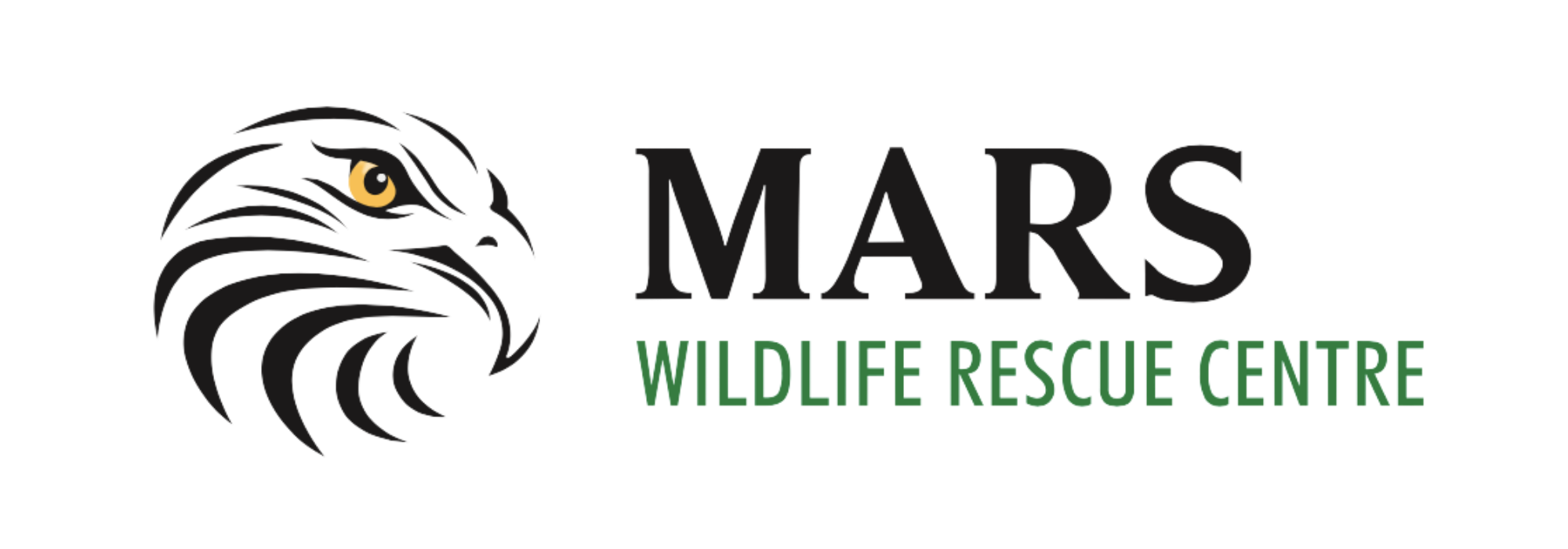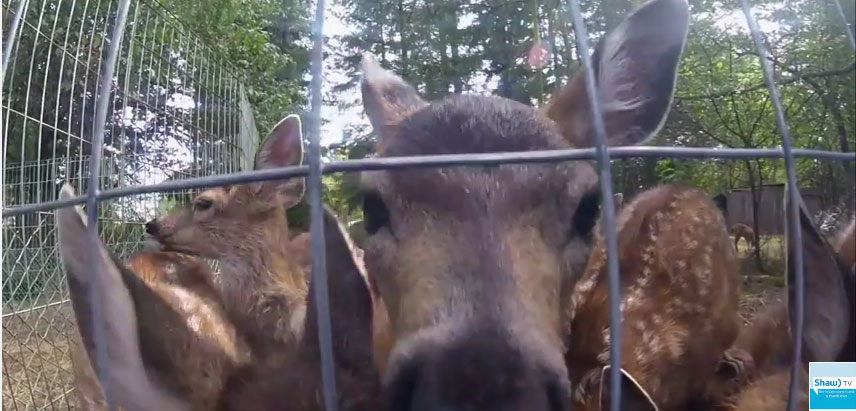Sick and injured fawns and those orphaned, abandoned or mistakenly taken have a temporary home in a forested area at MARS Wildlife Rescue Centre in Merville.
The cost in food and precious volunteer time is high, as it will take several months to ready the fawns for release back to the wild. Currently, 10 fawns are being bottle-fed a goat milk mixture four times a day.
MARS Wildlife Rescue Centre has a standing order from a local grocery store for 28 litres of goat milk on Mondays and Wednesdays and 36 litres on Fridays. Each fawn will consume 1.5 litres of goat milk each day, which adds up to $275 weekly for the animals currently in care.
Weaning the fawns off goat milk is a slow process to ensure the best outcome. The milk is supplemented with plenty of browse, including both tree branches and shrubs, handpicked by volunteers and caring Comox Valley residents.
“More than 70 per cent of funding for wildlife treatment and care is from individual donors and the cost of care keeps growing with the patient load,” said Pearl McKenzie, MARS vice-president.
One fawn is lucky to be alive and recovering at MARS Wildlife Hospital after surviving a bald eagle attack. The attack occurred on the same property where MARS Wildlife Rescue volunteers earlier rescued a baby eagle, which was treated, and returned to the nest. Several fawns have lost their mothers to collisions with vehicles, most often at dusk and throughout the night.
“Between 30 and 40 per cent of wildlife treated at the hospital is returned to the wild,” said Warren Warttig, MARS president and professional biologist. “And many more are spared from terrible suffering.”
Shaw TV North Island recently visited MARS to learn more about the fawns in our care.
BY BRIAN

